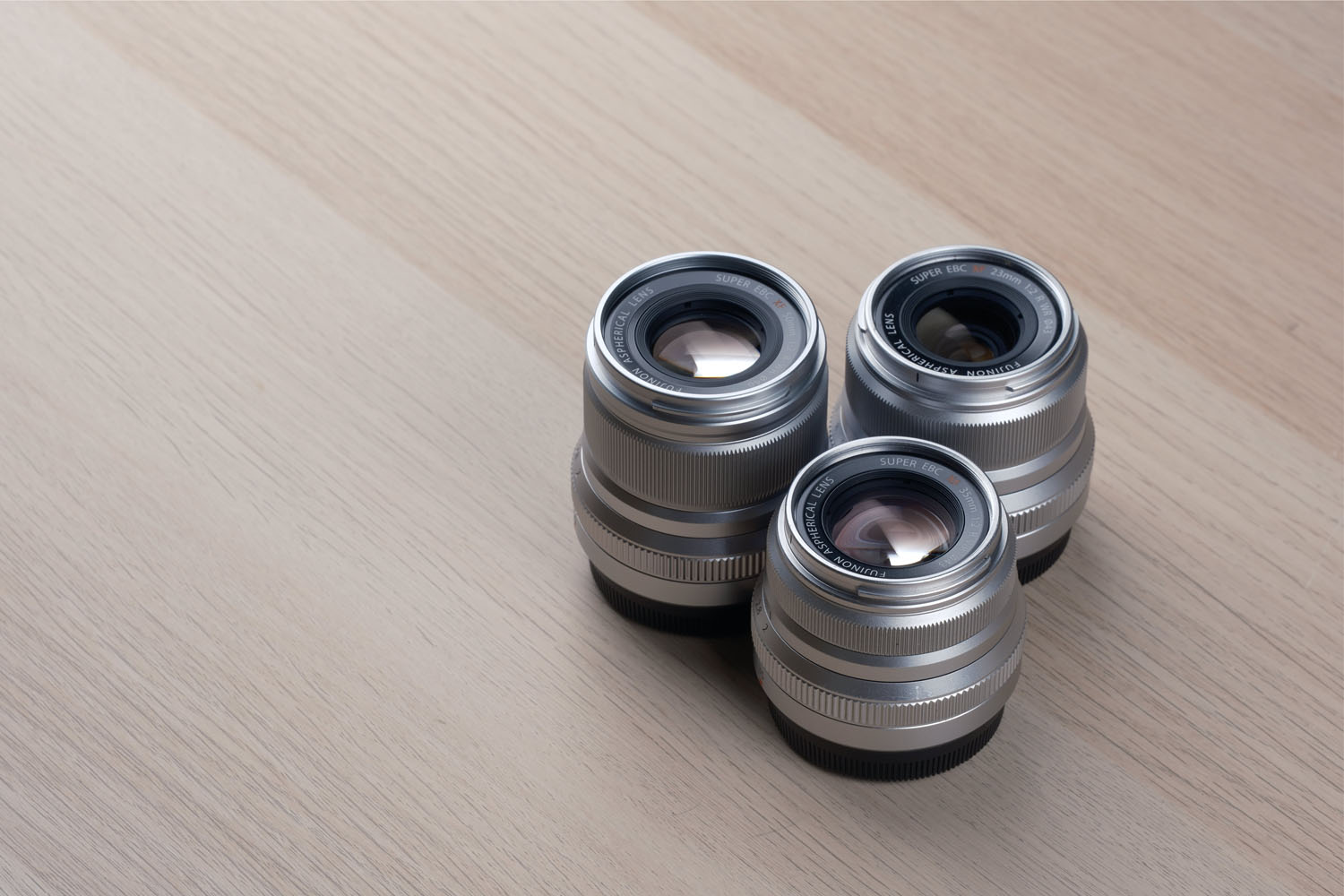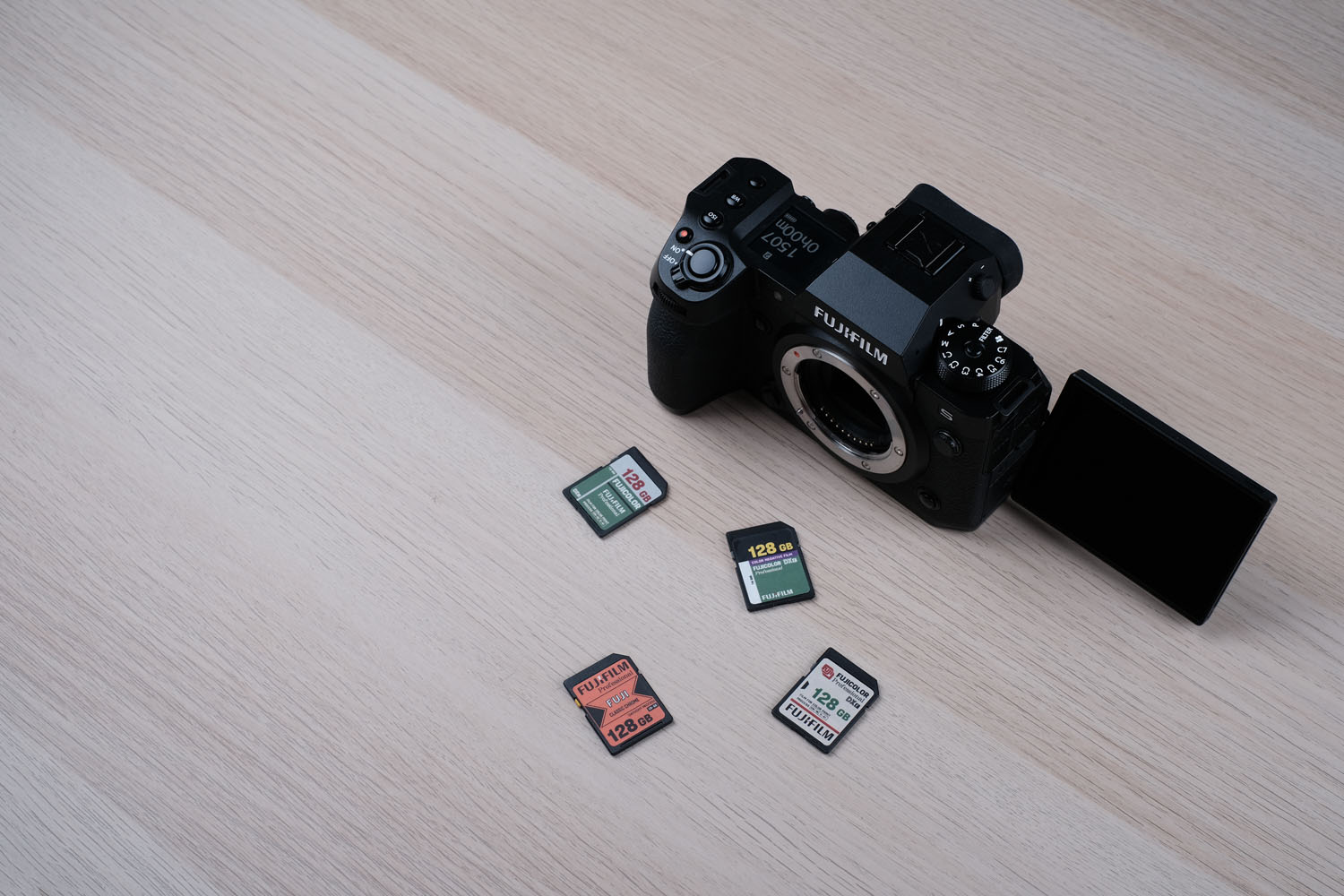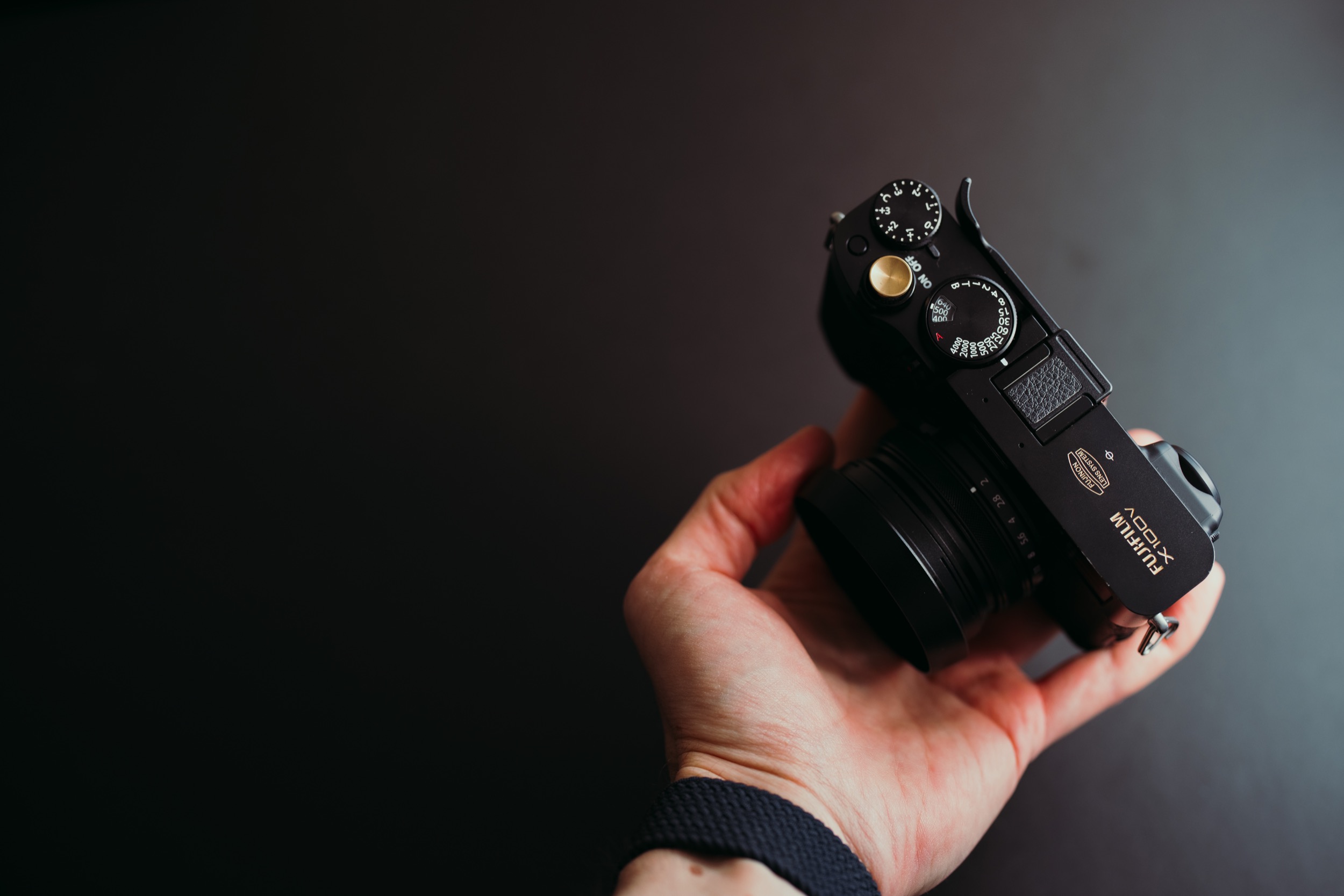DSLR V Mirrorless: The Switcher Debate – part I
The problem with writing about cameras is that there is always a bunch of techo togs out there who bombard you with specs about why this and that camera out performs another . (“If you enlarge 5000% you can see a slight degrading in her eyelashes due to colour refraction of the ZXC sensor and the moire effect produce by the removal of the low pass filter which causes a slight halo effect which is visible (only) to an electron microscope”) Most of this information is irrelevant to most situations and has little to do with my photography. That is not to say there are disciplines of photography that demand certain technical specifications to shoot the desired result BUT for the vast majority of togs out there all the extra bells and whistles are wasted. Pick the camera to do the job you want it to do. There really is no one size fits all.
Do you get rid of all your DSLR gear and buy mirrorless?
My answer would be no. It’s not a swap. The two camera systems are different and my little Fuji does different stuff differently to my Canon.
The only advantage in changing a camera system is if it’s easier to shoot your stuff and your stuff looks better. If you’re a sports photographer then dont buy a Fuji XT-1. You’re going to be disappointed and frustrated. On the other hand if your like street photography the Fuji wins over a Canon 5D mkIII.
But, the techno togs shout, “What about image resolution?”. The Fuji’s sensor is a mere 16MP as opposed to the Cannikon GT at 50MP and an ISO range of 1 – 3,000,000. These togs are a bit too trigger happy with their CMD+ keys in PS (BTW, as a rule of thumb if it looks too dark to get a decent picture then it probably is.)
Here are 2 unedited photos, shot on 2 cameras with the same ISO2000. The lighting is a fraction different but not so much as to distract from this argument.
Can you see any discernible difference in the image quality of the 2 images at this size? Of course you can’t.
What about now:
The one on the right is smoother with less grain, the other is sharper. But I had to zoom in more than life size to see the result! Are both images acceptable in terms of quality for reproduction either web or print. Of course they are! Which you prefer is a matter of personal preference but has little to do with sensor MP in this case.
Here are the settings. Fuji left, Canon 5D mkIII right
For my work I use the Fuji XT-1 for most headshot set ups and street and travel photography. The Fuji is smaller and lighter when hand holding and less intrusive “in the street”. I use my Canon when I need speedlites and studio flash. Both do a great job. Both do it differently.









DSLR V Mirrorless: The Switcher Debate – ...
January 30, 2016 @ 2:39 pm
[…] The problem with writing about cameras is that there is always a bunch of techo togs out there who bombard you with specs about why this and that camera out performs another . (“If you enlarge 5000% you can see a slight degrading in her eyelashes due to colour refraction of the ZXC sensor and the moire effect produce by the removal of the low pass filter which causes a slight halo effect which is visible (only) to an electron microscope”) Most of this information is irrelevant to most situations and has little to do with my photography. That is not to say there are disciplines of photography that demand certain technical specifications to shoot the desired result BUT for the vast majority of togs out there all the extra bells and whistles are wasted. Pick the camera to do the job you want it to do. There really is no one size fits all. […]
DSLR V Mirrorless: The Switcher Debate – part II – FUJI X PASSION
February 7, 2016 @ 11:58 pm
[…] is not really a competition between DSLR v Mirrorless. As I said in a previous post I would not go out and sell all your DSLR to buy mirrorless. The cameras do different jobs in […]
DSLR V Mirrorless: The Switcher Debate – ...
February 11, 2016 @ 10:04 pm
[…] The problem with writing about cameras is that there is always a bunch of techo togs out there who bombard you with specs about why this and that camera out performs another . […]